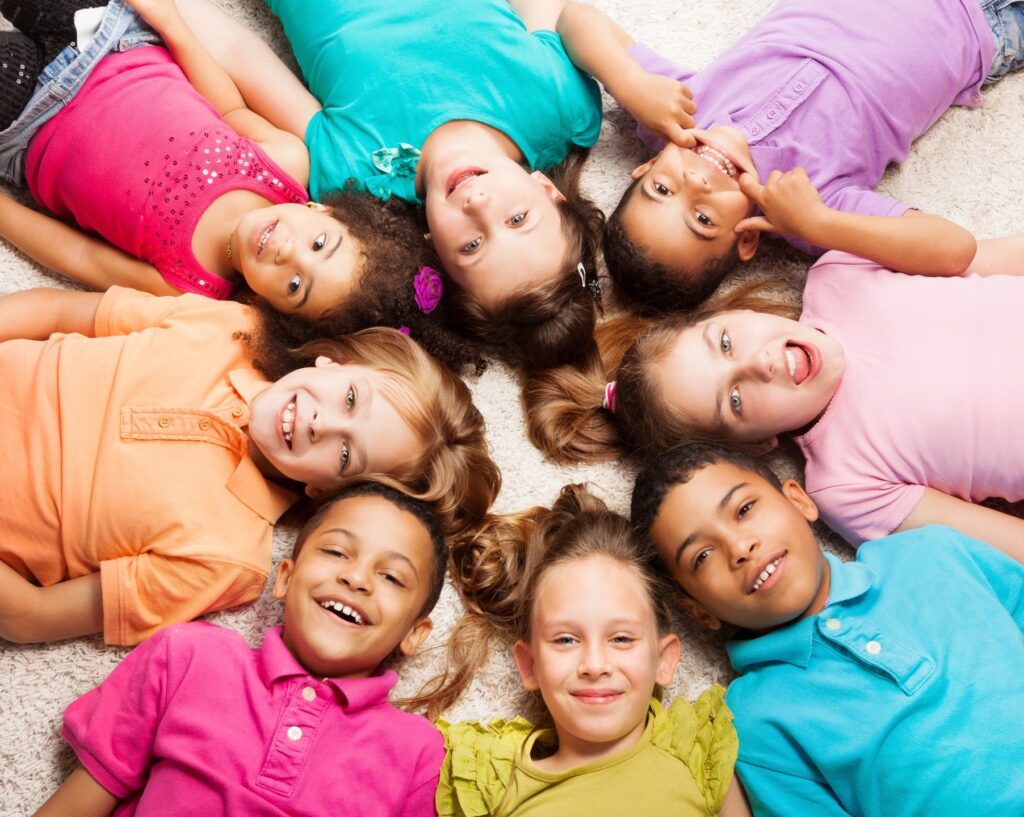In Uncertain Times, Children Look For Certainty: How To Talk To Kids About Covid19

I caught my mind wandering at work, lamenting how surreal the entire situation we find ourselves in with a pandemic knocking on our door. It feels like a movie plot. I genuinely never in my wildest dreams thought I’d be alive to see something of this magnitude engulf the world. It feels like something from the past or an armageddon of the future. I remember learning about the 1918 Spanish Flu in Year 9 and thinking we were lucky we’d never endure this. Now I find myself looking at a sea of Year 9 faces and wondering how we got here and how will this unfold?
Kids are talking about Covid19 in classrooms. Sometimes they make jokes to mask their fears and anxieties. Others are more open about their confusion. All are at least a little excited at the prospect of school closing. It’s created some great conversations about being critical thinkers about the media we consume.
Ultimately we live in incredibly uncertain times. Navigating ourselves as adults through this time is stressful enough. Being a parent or teacher adds layers of complexity to this tough time.
Here are my top tips on talking to kids about Covid19
- Listen to their fears and avoid telling them any of their concerns are “silly.” Instead, listen to what they have to say. You may not have the answers which given the uncertainty is pretty reasonable. Be honest and research together.
- Admit what is scary for you about this time. Kids will feel better knowing that even adults don’t know what is happening and are willing to admit it. BUT do this in an age approporiate manner and don’t put adult concerns on their shoulders. For example, I’ve discussed my fear of bringing the illness home to my husband, who has health issues. This admission has led to us considering how we can be safer with our hygiene. They will check I’ve washed my hands before starting to cook if we’ve just returned from grocery shopping.
- Keep a balance by talking about other things beyond Covid19. The topic will likely come back to Covid19 and that’s ok. Let them direct if it comes back rather than you directing it back. In the classroom, younger students have wanted to discuss this all-consuming topic. When doing using sources with Year 7 History, I used it as a great example of how today’s news is tomorrow’s Primary Source. Highlighting that they can use the same skills assessing the usefulness, reliability, and perspective of Historical sources to make sense of today’s news.
- If kids are stressed about what happens if the stores close, have them compile a list of the essential items they need from the shops, use these to make a family list. A great teachable moment about being prepared for unforeseen issues and how to negotiate as a family.
- Be cautious about the media you consume as a family to try and keep the information accurate without sensationalism.
- If kids are accessing Fake News and express concerns, this is a great teachable moment to think critically about bias, usefulness, reliability, and perspective.
- Get kids to write a narrative or discursive piece about their concerns around Covid19.
- Help them research the myths versus realities of Covid19.
Are there any tips you have that I’ve missed?